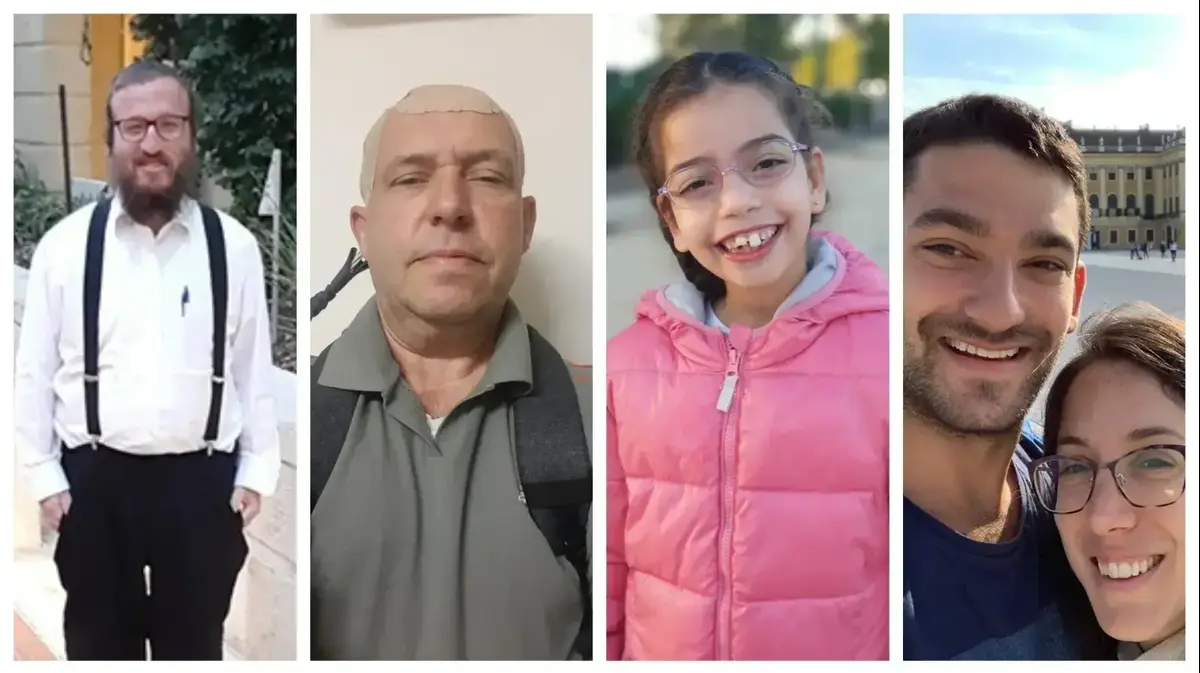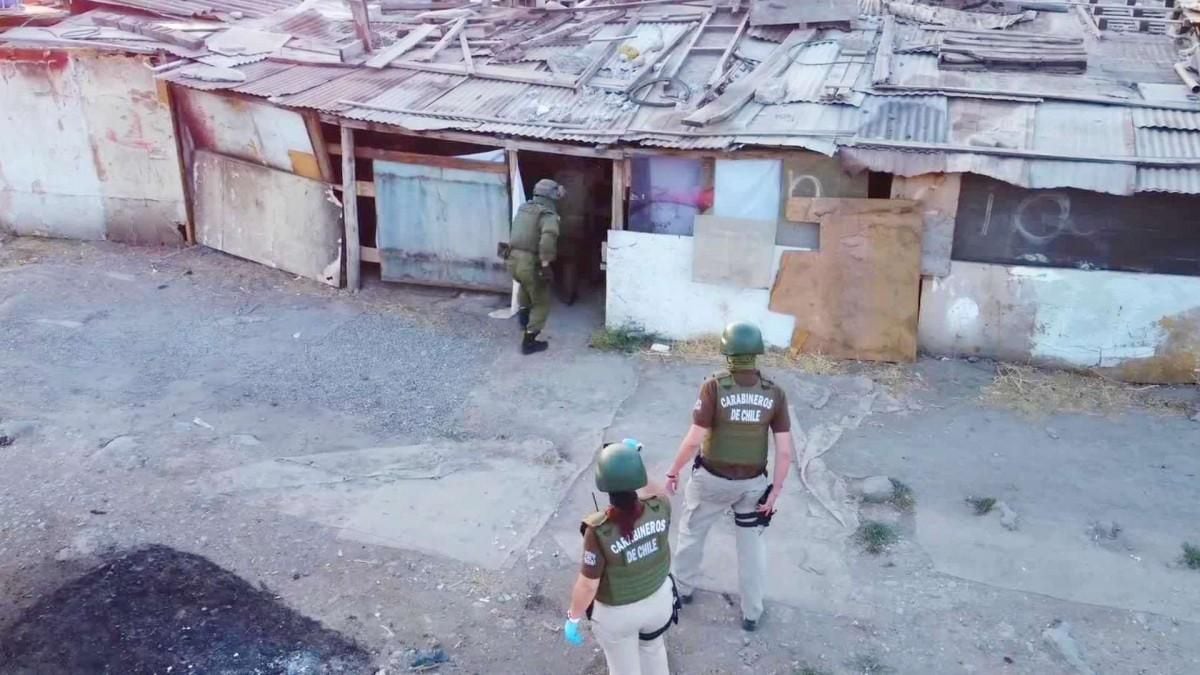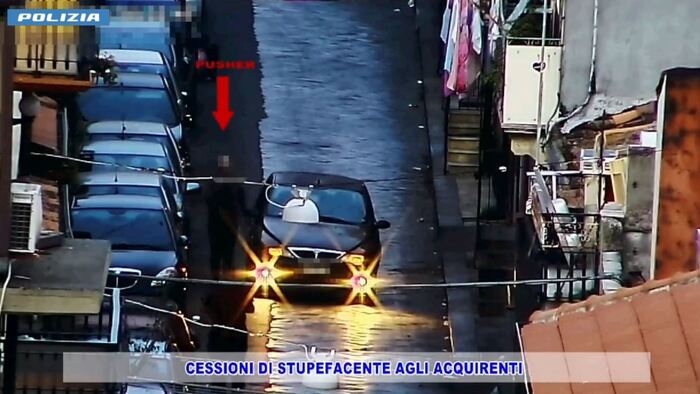141 drugs entered, 750 left outside: the winners and losers of the drug basket
Among the technologies and drugs that went into the basket is the helmet for treating brain cancer in electric fields. "It's the only solution that can save my life. Now I can focus on coping," a patient with a disease testified. Among the losers, women in infertility and syndrome who suffer from seizures. "We remain in complete uncertainty"
141 drugs entered, 750 left outside: the winners and losers of the drug basket
Photo: Avi Cohen, Editing: Asaf DruryHundreds of thousands of citizens received the drug basket committee's decision this morning (Friday), and while for some it was joyous news - many others were disappointed. The 750 medical labels in which dozens of treatments, technologies and medicines were rejected by the committee with a heavy heart compared to the introduction of 141 labels. The choice was taken into account in the limited budget - NIS 500 million - through which they had to choose from the best treatments for as many citizens as possible. Thus, various treatments for cancer, diabetes, mental health, gynecology and more have been abandoned this year.
The discussions highlighted a number of rare disease therapies that sparked a professional discourse that sometimes surfaced into emotional and social streaks, which members could not ignore. Walla! NEWS has assembled four stories of patients expected to begin treatment this year, and two to continue waiting, hoping they can get a drug that may extend, benefit or, in fact, save their lives.
More in Walla! NEWS
200 treatments, half a billion shekels: everything you need to know about the drug basket awaits decision: The final treatments for the drug basket rage in the health system following the political crisis: "Budget decreases" Free demo: The Platform aligns from the first stepMembers of the Ministry of Health's drug basket committee this morning (Photo: Avi Cohen)
Health Minister Yaakov Litzman and Chair of the Hessel Committee, Prof. Zeev Rothstein at a Press Conference to Announce the Drug Basket 2020, Jerusalem, January 7, 2020 (Photo: Avi Cohen)
Option - The helmet for treating brain cancer using electric fields, was one of the committee's surprises. After not going through the marathon phase last year, no arguments were raised against the current round. This is a treatment that cost about NIS 150,000 and is intended for 148 patients. Its total cost - about NIS 20 million. "It's a disease that has no breakthroughs. It's a technology that works in a completely different way. 20% survival after four years is at least as good as other oncology drugs we raised," said one of the companies at a hearing yesterday.
Eddie Peleg, 49, of Tel Aviv suffering from brain cancer - received the news with surprise and great joy. "To my delight, and to many patients like myself, a decision has been made that slightly eases our situation and helps fund the only solution currently available," said Peleg, a father of three children. "I was diagnosed with glioblastoma brain cancer six months ago, and the only treatment that could save my life was not in the basket and cost tens of thousands of shekels a month. I was fortunate to receive it with the Friends of Medicine Association, so I was worried about the day the donation would be over. Focus now on tackling the disease. "
More in Walla! NEWS More in Walla! NEWSDrug Basket 2020: Emphasis on Cancer, HIV War, and Treatment of Depression
To the full article"I was worried about the day the donation to the drug would be over." Eddie Peleg
Eddie Peleg (Photo: Untitled)
Spravato - a spray for the treatment of durable depression, has received rave reviews from committee members during the final hours of the discussions. It is a drug that has cost about NIS 15,000 and is intended for 1,558 people suffering from depression. Its total cost is estimated at about NIS 24 million.
Yaakov Yosef Teichman, 38, from Jerusalem, married with four children, suffers from a complex personality disorder, depression and anxiety. The drug that was approved last night may help him cope with the disease. He holds a master's degree in criminology, a civil servant at the Equal Employment Opportunity Commission, and a member and volunteer at the LSU, established for mental illness copers, and run by competing volunteers.
"I was born and raised in Brooklyn, to a family of seven brothers. Growing up in a family of parents has a hard day," he said. "My family pushed me away and at the age of 14 sent me to Israel because of the physical and mental difficulties I experienced. I am an ultra-Orthodox person and in the ultra-Orthodox sector a child with disabilities or difficulties stains the family."
"In the ultra-Orthodox sector, a child with disabilities or difficulties stains the family." Jacob Yosef Teichman
Jacob Yosef Teichman (Photo: Untitled)
"I was 24 when I stopped functioning effectively," he continued. "At home, I also had a hard time, pain for two-year-old babies. For about two years I was more in bed than outside. I lost meaning in life, had no interest in anything. A lot of outbreaks of crying, unwanted sleep, lack of appetite. I couldn't To find myself. "
He says, "How can people explain what depression is, when it can't be proven by objective measures? Mental illness is an invisible condition, and unlike the illnesses you can see, we have a continuing expectation that functions normally. I would like to say that I was immune to the expectation of being normal, But every time, I experience pain and helplessness because of my lack of understanding of my illness. Studies show that, instead of the deeper stigma, patients' functioning is poorer. The stigma surrounding depression is far more severe than depression itself. "
Prep - the antidote for HIV infection, was also considered the surprise of the year. In the first phase of the debates, controversial statements were raised against her, as first published in Walla! NEWS. "If I was in Botswana I would give it a high rating," said one friend at the time. "If we approve it, there could be complete freedom here," said another. It is a drug that costs NIS 2,106 and is intended for about 3,000 people in Israel. Its total cost is estimated at slightly more than NIS 6 million.
Yuval Weitzan, 24, from Tel Aviv, welcomed the introduction of preventative care. "I am pleased that there will now be another and most effective option to be protected against HIV infection which is, still, a life-threatening condition in the absence of treatment," he said. "The expensive cost of taking care before entering the basket has put me and many like me in serious dilemmas. I know that others have given up on it and remain exposed. It is an absurdity that in many countries it is distributed free and here only those with money can afford it."
"The use is very simple," Weitzan explained. "One pill a day and routine check-ups to prevent other sexually transmitted diseases. I am sure there will be a significant reduction in new HIV infection and in general there will be a positive trend towards having healthier sex."
HIV test (Photo: ShutterStock)
HIV test (Photo: ShutterStock)
Linpreza is a cure for metastatic ovarian cancer. It helps patients with a GERMLINE BRCA mutation. For the members of the basket there was no deliberation in the marathon discussions, and it was decided to enter the basket. The cost for one patient is about NIS 200,000, and is for 140 patients. Its total cost - NIS 28.2 million.
Ten months ago, Maya Kagan, 42, of Kfar Truman, began suffering from strange abdominal pain. She did not attach much importance to this, but after two months in which the pain intensified, she contacted the doctor. "The blood test showed that there was an inflammatory process," said Kagan, a mother of three. After several more tests to detect the cause of abdominal pain, she was sent for imaging. "Until that moment, I was very calm and focused, I was really sure it would be a matter of a few days before the problem was found and the pain went through," she repeated.
When the results came, the gynecologist informed her that she had ovarian cancer. Doctors recommended Maya to have ovarian surgery. "I had to be strong for me and for my family. I have three adolescent boys at home, I didn't want them to know and get under pressure, but the day before surgery I suddenly realized what situation I was in and for the first time really cried. I cried for myself."
Started cancer treatment 10 months ago Kagan
Maya Kagan, metastatic ovarian cancer patient (Photo: official website)
After surgery, Kagan underwent a round of chemotherapy, and she was found to be eligible for treatment with linephrase. "The doctor explained to me that there was a chance that I was carrying a mutation in a gene called BRCA and in this case there was a drug treatment that suited the patients in my condition. I am delighted that the drug was included this year in the basket and thank the members of the Pharmaceutical Basket Committee for the effort they made to save more patients."
Treatment of diabetes and a drug that reduces anticonvulsants - outdoors
But besides the cheers and the sounds of his greeting, disappointed patients who were told this morning on the list of drugs that did not go into the basket, one of them is the epidylaxis , which helps treat seizures. The drug was rated high during the first round of discussions, providing hope for 300 patients who needed it. The total cost of the cannabis-based drug, if passed, is NIS 3 million.
Eight-year-old Thair Debbie, of Petah Tikva, who suffers from Darva Syndrome leading to seizures, will also have to manage without her this year - and continue to wait. According to Emma Inbar, "Syndrome manifests itself in many prolonged seizures that endanger her life and is accompanied by cognitive and developmental delay. Sleep, any such seizures cause brain damage. This will probably continue in light of the fact that they chose not to put the drug in the basket. "
"It is very disappointing to find out that this is a drug that has been scientifically proven to significantly reduce the amount of seizures and we hoped the members of the Basket Committee will understand and help us. I and the other families are currently in complete uncertainty that any seizures they suffer from are simply a life-threatening condition."
Diabetes has been undergoing extensive treatment extensions this year, but in the final hours of the discussions it was decided not to introduce advanced technology for continuous sugar monitoring and insulin injection for type 1 diabetics . It is a device that is inserted into the body, and in fact performs the required treatment without the need for human contact. It costs about NIS 4,000 per patient, and is intended for 2,651 people in Israel. Its total cost is estimated at about NIS 10 million after negotiating with the pharmaceutical company that markets it.
"The drug has been research-proven, disappointed." Tell Debbie
Thair Debbie (Photo: Courtesy of the photographers)
Tomer Gat, 29, from Be'er Sheva suffering from diabetes, was disappointed by the committee's decision - which could have changed his lifestyle. "It's just a scandal that treating such a disease with such widespread implications for people's lives is not seen as an important enough one." He said, "There is a technology that can treat the disease and allow me to live almost like a healthy person - not approve of it, it is insanely boring to me. Even looking at the long-term because of the disease complications that could save a lot of money for the country. To me, it is illogical and sad that human life begins and ends in budget." .
"It makes no sense that human life starts and ends with the budget." Tomer Gat
Tomer Gat (Photo: Courtesy of the family)
The chairman of the Hessel committee, Prof. Ze'ev Rothstein, remarked to the members of the committee many times in the past two days, known as the "marathon days," after its members had difficulty giving up some of the drugs and technologies. "We had weeks to discuss. We want to help the public, "he said. A committee member replied:" We have to do things with the utmost heart, otherwise no one sitting here can live with himself. At the end of what matters is what we take down. We have to be confident in the million percent that the things we leave are true in the million percent compared to what we leave out. "














